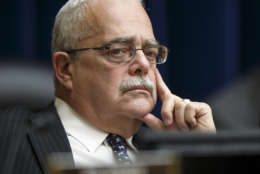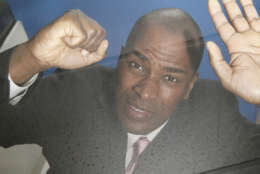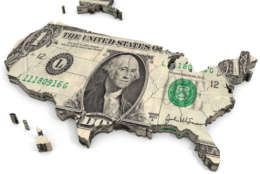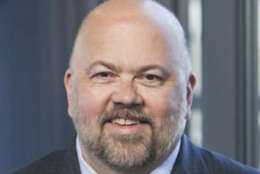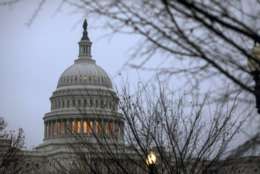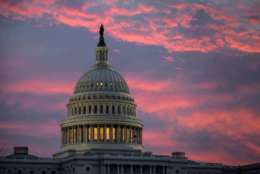federal pay raise
-
Unless Congress takes positive action there will be no January 2019 pay raise.
March 08, 2018 -
What do presidents Jimmy Carter, George W. Bush and Donald J. Trump have in common? Hint: It has nothing to do with hair.
February 12, 2018 -
Rep. Gerry Connolly (D-Va.) and Sen. Brian Schatz (D-Hawaii) have reintroduced the FAIR Act, which would give federal employees a 3 percent pay raise for 2019.
January 12, 2018 -
Where do the best paid federal civil servants live and work? Is it D.C., Houston, New York City, San Francisco or Maysville, Kentucky?
January 10, 2018 -
The pay raise process established in the U.S. Code relies on federally-collected data, which should make it easy to predict a year in advance just what kind of a pay raise federal employees will be getting.
January 09, 2018 -
Some of the highest ranking, most experienced and talented federal workers in the Washington, D.C. area won't be getting a pay raise this month.
January 08, 2018 -
Federal News Radio breaks down locality pay: what it is, how affects your final salary and how it came to be.
January 05, 2018 -
Federal employees looking for major changes to locality pay will be disappointed in 2018, as the entities that typically make small but significant moves on federal salaries were largely inactive during the first year of the Trump administration.
January 04, 2018 -
With all of the proposals in recent years to cut the workforce, make it easier to fire people, change federal pay and more, it was safe to assume we would see a lot of action on civil service issues.
January 03, 2018 -
President Donald Trump signed off on an average pay increase for federal civilian workers of 1.4 percent and 2.1 percent for uniformed service members.
December 22, 2017 -
Federal News Radio counts down the Top 10 pay and benefits stories for 2017, a year that proved to be a bit of an emotional rollercoaster ride for federal employees.
December 22, 2017 -
The retirement system is out of the woods for awhile and the new and revised Dec. 22 shutdown may not happen, but now there's a new threat: a zero pay raise in 2019.
December 18, 2017 -
Seven House Democrats and five Republicans are asking President Donald Trump to consider giving all civilian federal employees the same 2.4 percent pay raise that military members are expected to get in 2018.
December 05, 2017 -
The Senate stays silent on a pay raise for federal employees in its 2018 appropriations bill, meaning civilian workers are closer to a 1.9 percent boost next year.
November 21, 2017 -
If you work for or are retired from the federal government, here's a horrible thought: What if these are the good old days, right now, this minute?
October 16, 2017



